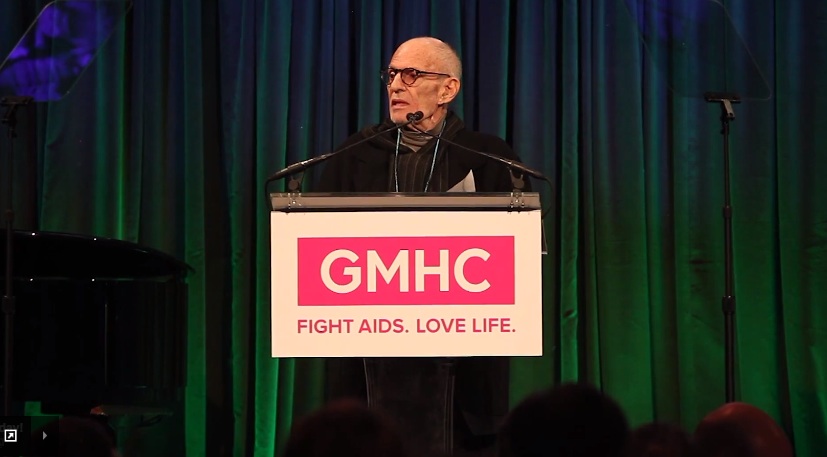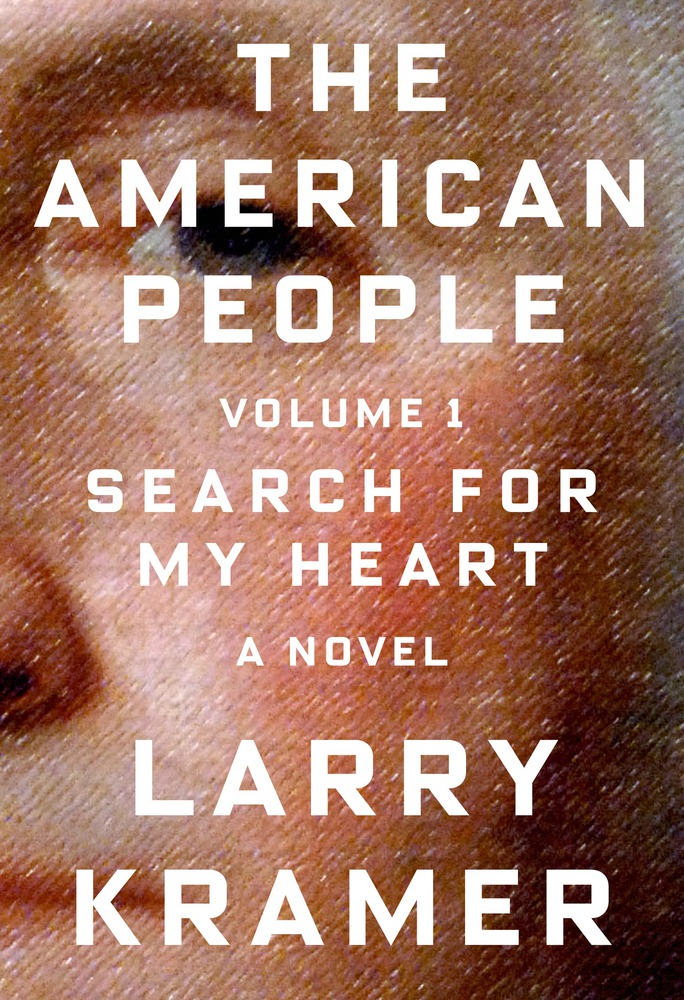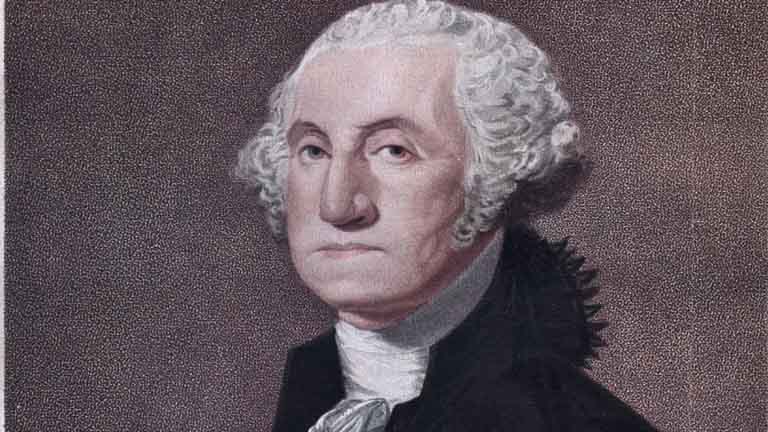How Larry Kramer is reclaiming gay history

Gay writer and activist Larry Kramer has always been a divisive figure – but his new book, in which he posits that many leading figures in American history were in fact gay, might just be his most explosive yet. Here, writer Jack Flanagan on what’s sure to be one of the most controversial works of publishing this year…
It’s part of the journey of oppressed peoples that they will eventually attempt to reclaim their history. Once we make gains in the more pressing battle for civil equality, it’s up to us to root through the past and, through that, discover who we are.

It seems that Larry Kramer always gets there first: the gay rights and AIDS activist has turned to the lost history of gay men in his latest novel, The American People: Volume 1: Search For My Heart, released thirty years after his last novel, Faggots.
The book is a lengthy (almost 800 pages) diatribe about forgotten gay history. Its title comes from Kramer’s insistence that the histories of gay and straight people are undeniably intertwined.
Kramer, now 79, expounds this through a chain of short narratives. From a founding member of Jamestown to a nurse at a disease asylum: both partake in the establishment of a nation. Kramer says that gay people were there “from the very beginning of time”, from prehistoric man through to the modern day, and he includes major icons of US history in his roster: Washington, Franklin, Nixon. Very few famous men are considered totally heterosexual in his account.

The book, with its impressive girth, is not concerned with just any one theme. Kramer is also particularly concerned with disease transmission and AIDS, which in the book is personified as the UC, or Underlying Condition, and which occasionally interjects to tell the reader what its been up between each different narrative – a very similar topic to the one he approached in 1979 with his last novel, ‘Faggots’ which was released before the AIDS crisis hit.
Given its revision of US history, the book has kicked up an understandable stir in the US. Historians are aggravated by the book, not least because it mentions a number of them by name, and in none-too-flattering prose.
They’re also angry because Kramer takes extraordinary liberties to prove his agenda. For instance, Kramer puts forward that, because George Washington was “surrounded by men” and “designed all their uniforms”, he must’ve been gay. Never mind the queasy stereotyping: this is simply not evidence that Washington slept with or loved other men.
Despite the controversy, the book has been the object of sometimes superlative compliments. The National Post likens it to a holy book in the way its different narratives add up to a whole. Kirkus Reviews calls it “breathtakingly well-written”. A number of publications have dubbed it Kramer’s “Magnus Opus” – though there is still a second volume to come.
Perhaps because of its unceasingly sexual subject matter and the fact that Kramer himself is a brilliant writer, the book is engrossing. Though at times you may be appalled by what you read, you will continue to turn the pages.

But the writing is not the strength – nor, really, the point – of the book. Kramer means to insist, again and again, that gay men should have a starring role in US history: from the very lowest places in society, the brothels and insane asylums, to the highest: as Presidents and intellectuals.
In this respect, many gay readers may feel vindicated. In creating discussions around what historical figure may have been gay, phrases like “possible overtones” and “no decisive evidence” come thick and fast from the mainstream academics. It’s this trend against which Kramer is railing: he calls it the “straight-washing” of history.
The argument from these historians is that we cannot say anything for certain without substantial evidence. This is missing the point. As Kramer has noted in interviews about the novel, younger gay men are starting to look to the past for role models, and to understand what came before their current generation.
He wants to draw our understanding of gay history to a time before Oscar Wilde and Alan Turing, and to the many gay men who must’ve existed before the last hundred years but which are never discussed. As he sees it, the burden of proof lies on “straight-washing” historians as much as gay ones.
“People say, ‘Can you prove to me that George Washington was gay?’ and I say, ‘Can you prove to me that he wasn’t?’”.
While that might have gay men racing to grab a copy, there are some caveats to this otherwise enlightened theory. This book is 800 pages – and not much of it is easy reading. Kramer’s writing can be downright difficult. A typical sentence, describing disease transmission: “Amoebas, piss, and shit. The Big Three. and taking it up the ass. etc.” Eagle-eyed readers will wonder what the ‘etc’ could possibly mean – it’s never explained.
There are a number excruciatingly graphic scenes, and its descriptions of sexual goings-on between the Nazis and Jewish prisoners make for tough reading for anyone offended by sexually violent content.
Kramer’s novel will likely exhaust its reader. If your sanity or sensibilities don’t wear out, your willingness to stride along with Kramer’s apocalyptic fable at some point will. Those who believe in Kramer’s cause to rediscover a gay history will enjoy it – but uninitiated audiences may find it excrutiating.
Whatever its eventual popularity, this book is certainly a milestone. A gay author has made strides to reclaim lost territory, and teach us about ourselves. Those “smaller skirmishes” we’re fighting are against still strident homophobia and pervasive negative stereotypes about gay men.
The idea that a man like Lincoln, who fought in wars, abolished slavery and united the union was a pansy, a poof – or a “hushmarked”, as Kramer has it – is really quite revolutionary.
WORDS BY JACK FLANAGAN
